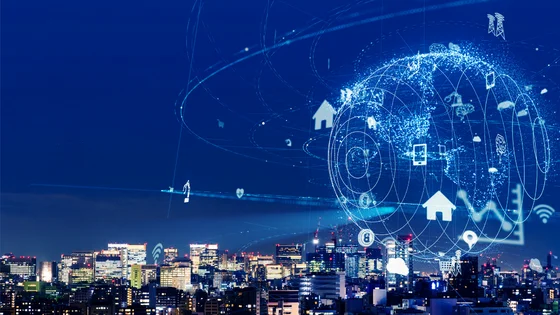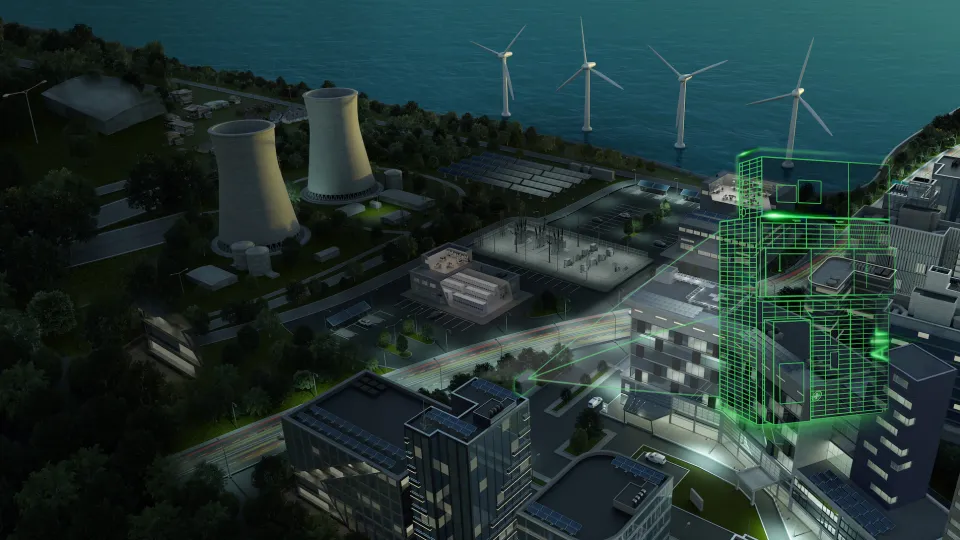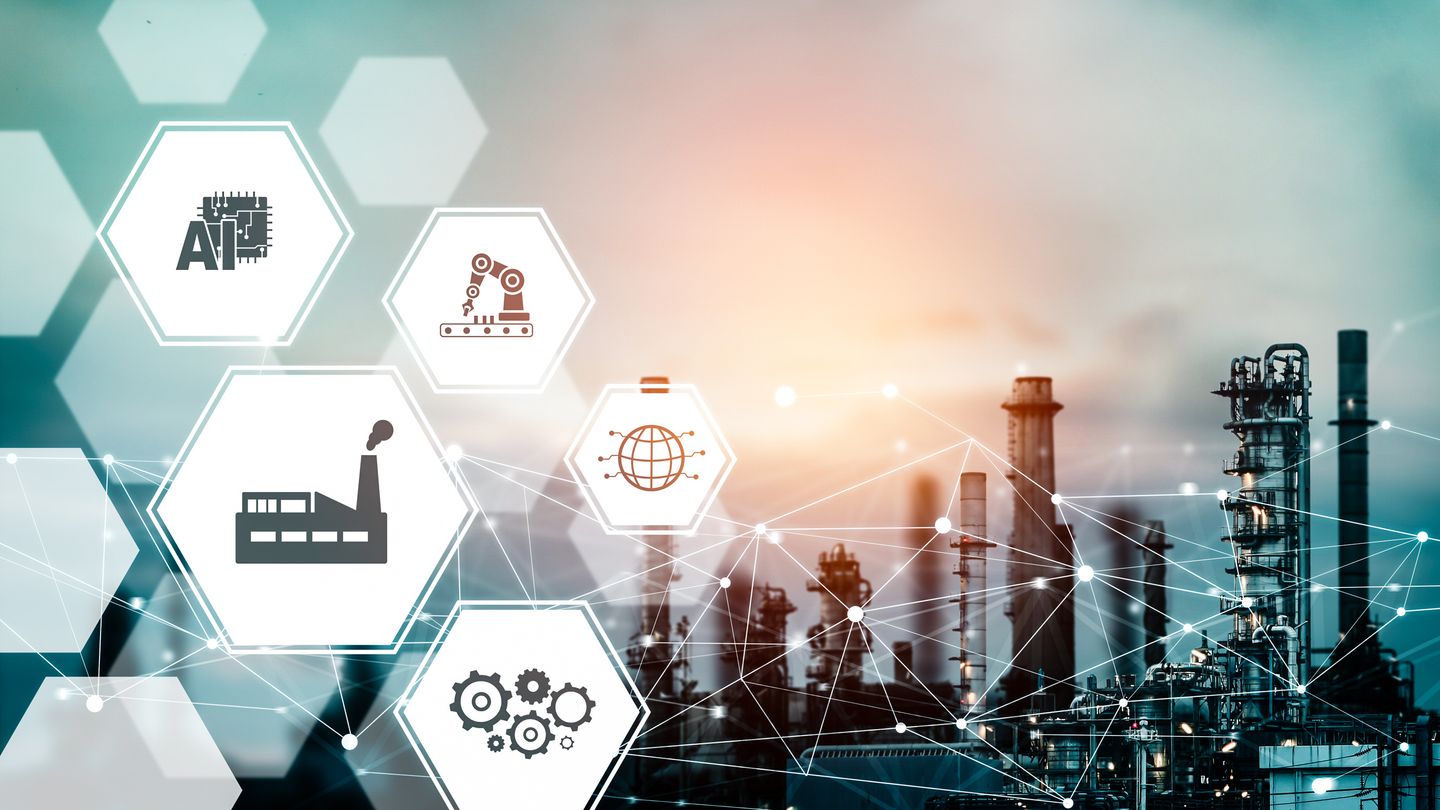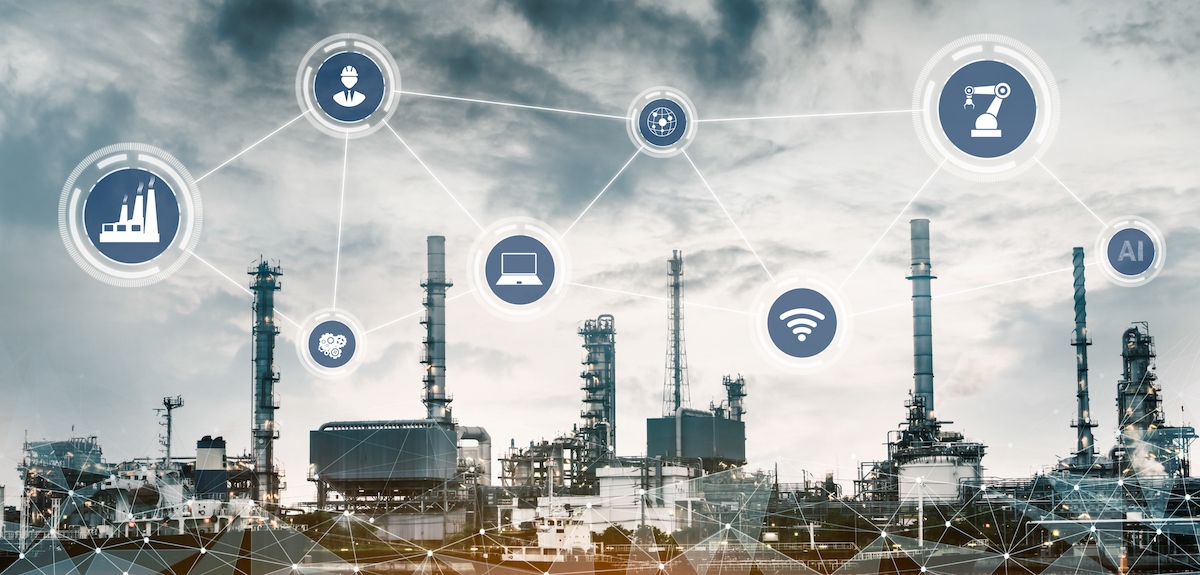Get Support
+91 9123517774
In the ever-evolving landscape of energy, the transition towards sustainable solutions has given rise to the 3 D's shaping the modern energy evolution. Decentralization, Digitalization, and Decarbonization collectively form the backbone of the renewable energy sector, propelling it towards a cleaner and more resilient future.
Decentralization: Empowering Local Energy
Decentralization in renewable energy marks a departure from traditional centralized power systems. It advocates for the distribution of energy generation, allowing local communities, businesses, and even individual households to produce their own power. This shift reduces dependence on large, centralized power plants and fosters energy resilience.


Digitalization: The Smart Energy Revolution
Digitalization plays a pivotal role in optimizing renewable energy systems. Advanced technologies, including smart grids, IoT sensors, and data analytics, enable real-time monitoring and management of energy production and consumption. The integration of digital tools enhances efficiency, improves grid reliability, and facilitates the seamless integration of renewable sources into the energy mix.
Decarbonization: Mitigating Climate Impact
Decarbonization is at the core of the renewable energy movement. It focuses on minimizing carbon emissions by transitioning from fossil fuels to cleaner energy sources such as solar, wind, and hydro power. By reducing reliance on carbon-intensive sources, decarbonization contributes significantly to combating climate change and creating a sustainable energy future.
The Synergy of the 3 D's
The true power of the modern energy evolution lies in the synergy of Decentralization, Digitalization, and Decarbonization. As local communities embrace decentralized energy production, digital technologies optimize the efficiency of renewable systems, and the overall focus on decarbonization drives a global shift towards a low-carbon economy.
Challenges and Opportunities
While the 3 D's offer a transformative path, challenges such as initial investment costs, regulatory frameworks, and public awareness must be addressed. However, the opportunities presented by job creation, energy independence, and environmental sustainability far outweigh these challenges.


Future Trends
The future of renewable energy is dynamic, with continual advancements on the horizon. Emerging trends include the integration of energy storage solutions, increased use of blockchain for transparent energy transactions, and innovations in renewable technologies that further enhance efficiency and affordability.
Conclusion: A Sustainable Energy Landscape
The 3 D's of Decentralization, Digitalization, and Decarbonization are steering the course towards a sustainable energy landscape. The collective efforts of governments, industries, and individuals in embracing these principles will pave the way for a cleaner, more resilient future, where renewable energy takes center stage in powering our world.


